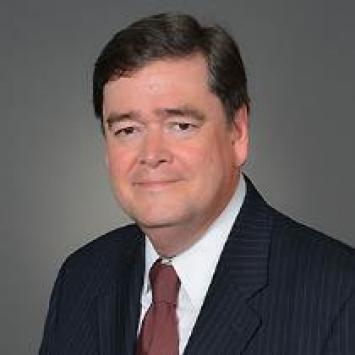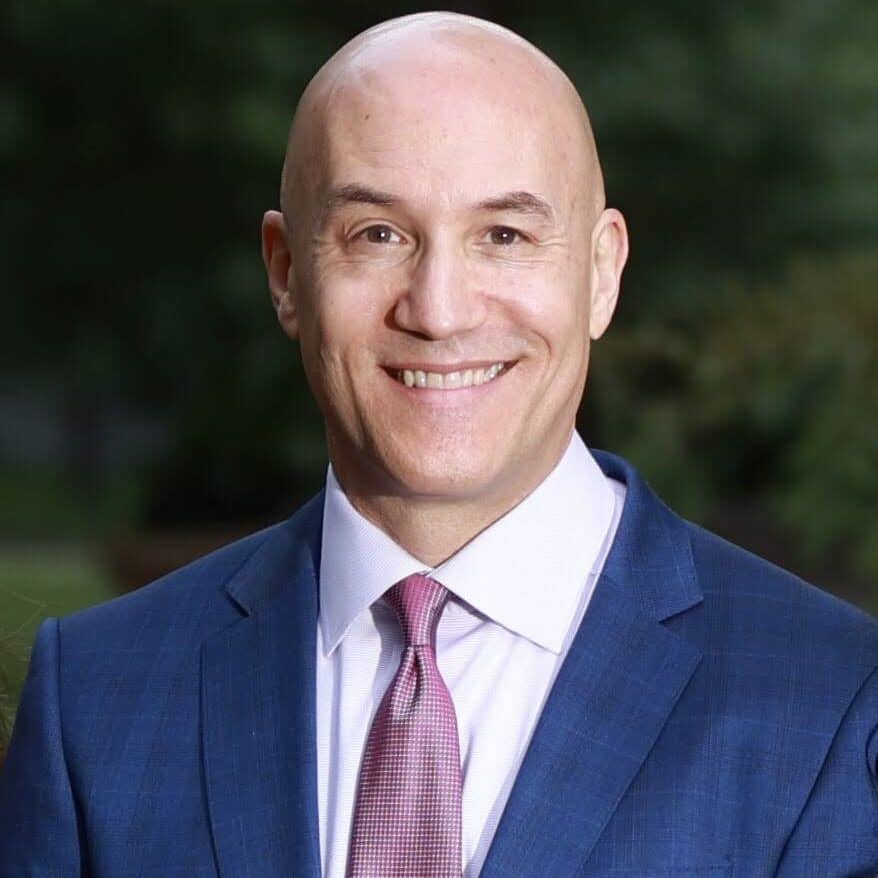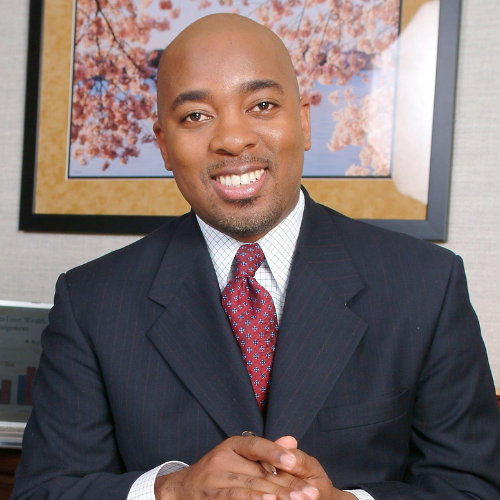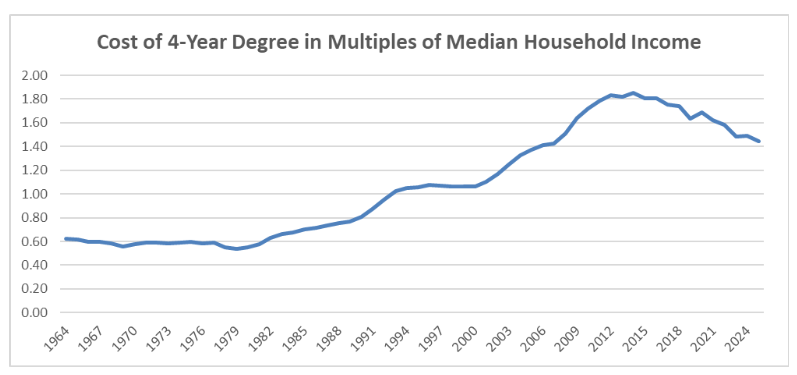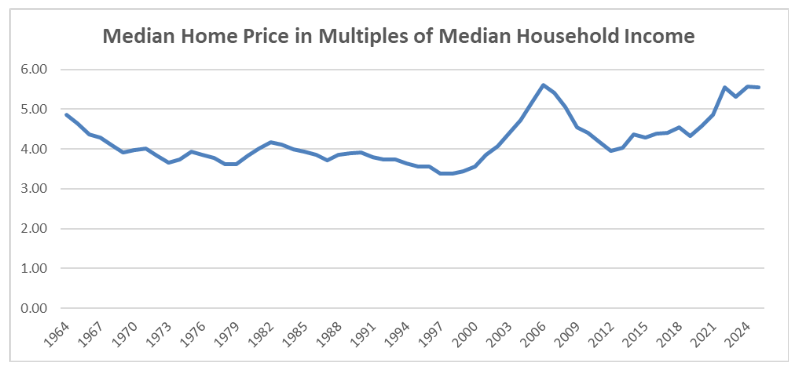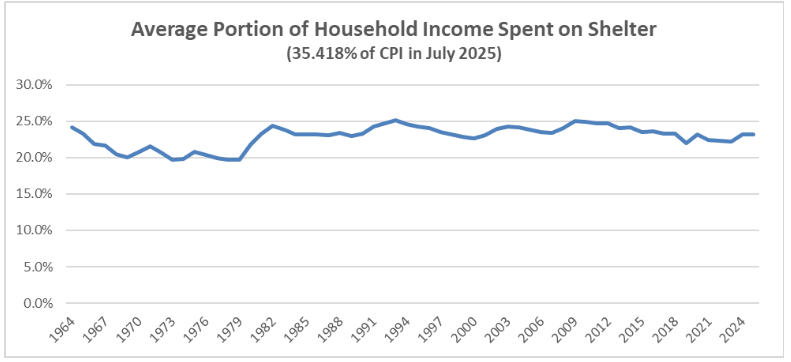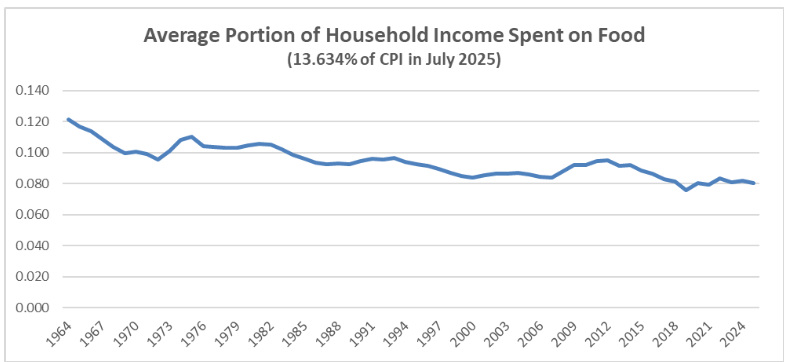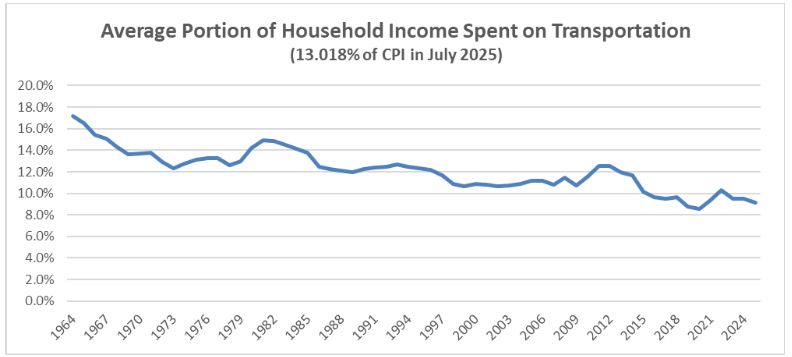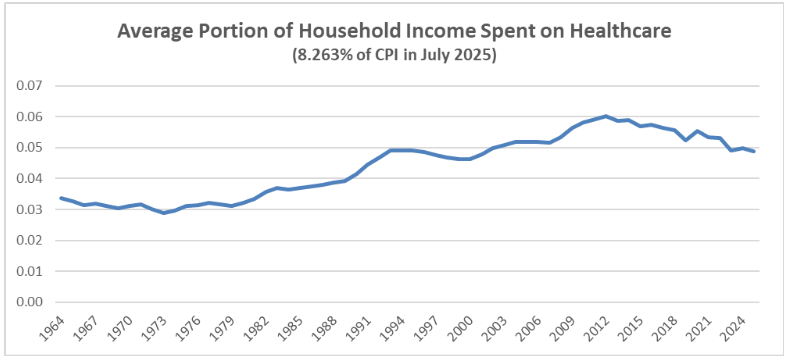When two families become one, their stories, values, and traditions begin to merge, including how they view and practice generosity. Each partner may come with their own causes, charitable habits, and definitions of impact. So how do you bring all of that together into one shared giving plan?
If you’ve ever felt pulled between honoring different priorities and making a meaningful, lasting impact, you’re not alone. A Donor-Advised Fund (DAF) offers a flexible, strategic way to streamline giving, support the causes you care about, and align your charitable goals as a family. Think of it as a charitable investment account that you fund now and distribute on your own timeline, whether it’s to your church, a local food bank, or a national organization.
More than just a tax-efficient giving tool, a DAF offers a structured way to combine your philanthropic efforts into one unified strategy, respecting family history while building a legacy that reflects your new, shared future. It can help you merge financial resources and charitable goals with clarity, intentionality, and ongoing communication—elements that are especially important when navigating the unique complexities of a blended family.
Because of the flexibility, simplicity, and favorable tax treatment, DAFs have become one of the fastest-growing charitable giving vehicles in the U.S. Here’s why they’re particularly well-suited for blended families, what you should know, and how to determine if a DAF fits your family’s philanthropic vision.
How a DAF Benefits Your Blended Family
For blended families, a Donor-Advised Fund can be a powerful way to align giving goals and strengthen shared values. A well-managed DAF can transform giving from a series of individual contributions into a cohesive, values-driven plan based not only on where the dollars go, but also on how the act of giving strengthens family connections and fosters common purpose.
Immediate Tax Advantages and Tax-Free Growth Potential
One of the reasons DAFs are so appealing is that they combine thoughtful giving with smart, tax-efficient planning. From a tax savings perspective, contributions to a DAF provide an immediate deduction, potentially reducing your current year’s tax liability. And you’re not limited to cash; DAFs often accept securities, restricted stock, private equity interests, or even cryptocurrencies.
For example, cash donations may qualify for an income tax deduction of up to 60% of your adjusted gross income (AGI). Donating long-term appreciated assets can provide a deduction of up to 30% of your AGI while potentially eliminating capital gains tax on those assets. (Note: beginning in 2026, new OBBBA rules will limit certain deductions, including a 0.5% AGI floor and capped benefits for high-income earners.)
There are also strategies that can help you maximize your deductions if you have the means to “bunch” several of your typical annual charitable donations into a single year. In essence, you could pre-fund your future contributions now, get a greater deduction by itemizing more this year, and then use the standard deduction the following years when you do your charitable giving from your DAF instead of your cash flow.
For example, if you typically give $10,000 to charity each year, you might benefit from donating $50,000 (of cash or appreciated assets, for example) to a donor-advised fund this year, allowing you to itemize more deductions than you otherwise would. Then, for the next 5 years, you use the DAF for your typical giving and take the standard deduction in those years. If you have the means to “bunch” your deductions together, you should consider working with your tax and financial professionals to see how a DAF might help you support causes important to you and your family without throwing your entire plan off track.
Whether you give in a “bunch,” consistently over time, or both, the funds in your DAF can grow tax-free, increasing the total amount available for future charitable giving and expanding the difference your giving can make over time. IT can give you the means to give back anytime you’re ready.
Imagine sitting around the table the Friday after Thanksgiving, reflecting on the good fortune of your family coming together, and deciding how to share that goodness with others. Or picture ringing in the New Year with a family conversation about your financial goals for the year ahead, teaching your children not only about financial literacy but also about the responsibility and joy of giving. A DAF provides a simple, flexible framework to make those family traditions possible, allowing everyone’s voice to be heard and ensuring your charitable contributions reflect both your shared vision and each person’s values.
Flexibility in Maximizing Your Impact (Now and for Generations)
I am a big believer that building a legacy – no matter how big or small – starts now, not with our estate plan. If you’re charitably inclined as well, a Donor-Advised Fund can be a powerful way to begin giving as a family, with the potential to shape your impact across generations. Since DAFs allow you to support multiple charities over time on your own schedule, you can align giving with both your financial circumstances and moments when organizations need it most. This flexibility means you can honor each family member’s passions, whether it’s a local animal shelter, a scholarship fund, or global humanitarian aid, without being locked into a single cause.
Just as important, a DAF can be a powerful part of your family legacy planning. You can name children, stepchildren, or grandchildren as successor grant advisors, giving them the opportunity to carry forward your shared mission long after you’re gone. For blended families, where not everyone is bonded by blood, this is an opportunity to become forever bonded by something even more enduring: the values you choose to live by and pass on.
You might even invite younger family members into the process now. For example, each year you could give a child or grandchild the chance to recommend a grant from the DAF to a charity of their choosing, then sit down together to discuss why that cause matters to them. These conversations foster both financial awareness and a sense of responsibility as members of society.
We’ve seen blended families use a DAF as the ‘family table’ where everyone—kids, stepkids, even in-laws—has a seat and a voice. Some clients set aside time to review the year, talk about the causes that moved them, and decide together where to give next. It’s not just about writing checks, but writing a family story that will be told for generations.
Incorporating your DAF into your estate plan means your charitable intent lives on, reducing exposure to estate taxes and making it easier for your heirs to continue giving without the administrative burden of managing a private foundation. With the right guidance, your legacy can be a unifying thread that strengthens your blended family across generations.
Streamlined Record Keeping
Another benefit of DAFs is that the vehicle simplifies record-keeping for your charitable activities. Instead of tracking multiple donations to various organizations throughout the year, you would only need to manage your contributions to the DAF, eliminating some of the complexities that tax season can bring and making the management of charitable contributions a simpler process.
Structuring and Funding a DAF Account
Structuring, funding, and managing a donor-advised fund account for your blended family is a straightforward process when you have the help of an advisor.
Step 1: Open an account with a sponsoring organization, such as a community foundation, charity, or financial institution that offers a DAF.
Step 2: Fund it with cash, stocks, or other appreciated assets. Work with a professional to decide which types are best and how much you’re eligible to donate.
Step 3: Invest the assets in the account, aiming for tax-free growth over time, which will hopefully increase the amount available for charitable donations down the line.
Step 4: Recommend which charities receive grants from your DAF, keeping in mind that the sponsoring organization has final approval.
There are other vehicles to give to charity, such as trusts and private foundations, and while other means may have some different benefits than DAF, they also have some other complications, like administrative burdens and regulations. A DAF is usually more cost-effective, simple, and allows your family to enjoy immediate tax benefits and flexibility in the impact you can make, without the hassle of separate tax filings or legal upkeep.
Roles and Responsibilities in Donor-Advised Funds
Donor-advised funds were established, in part, to facilitate the efficient and effective management of charitable giving, designed to operate with a clear structure of roles and responsibilities, involving three key parties: the client (you), the financial advisor, and the charitable organizations.
Your Role
The client, as the donor, plays a central part in the DAF process. Your primary responsibility is to select the beneficiary organizations and determine how the funds will be distributed. This means you’ll get to enact a comprehensive giving strategy that outlines the timing, amounts, and recipients of charitable grants.
Your decisions and input ensure donations align with your blended family’s values and philanthropic goals. You also have the flexibility to adjust your giving strategy over time, responding to changing priorities or emerging needs within the charitable sector.
Your Financial Advisor’s Role
As financial advisors, we serve as facilitators and managers in the DAF process. We can help by finding a sponsoring organization(many custodians offer a DAF), account opening, and managing the investments within the account, with the goal of growing the assets and potentially increasing the funds available for charitable giving.
Your advisor plays a key role in facilitating the movement of funds to selected charitable organizations. We ensure the grants are processed properly and according to your wishes, bringing our knowledge and experience to the table to position the account for strategic and impactful giving.
The Charitable Organization’s Role
Charitable organizations are the ultimate recipients of DAF grants. Its role begins with providing the necessary information to receive the donations from your fund, including its tax-exempt status and organizational details. Once the organization receives a grant, it’s responsible for acknowledging the gift, which is important for your record-keeping as the donor.
Central to the philanthropic agreement, we all trust organizations to utilize the funds in alignment with their stated mission and the donor’s intent. So, it should go without saying that they bear the responsibility of translating the financial contributions into tangible impact.
Is a Donor-Advised Fund Right for Your Blended Family?
Whether or not a DAF is the right choice for your family depends on your goals, values, and financial position. For blended families, it can be a powerful way to create a shared tradition of generosity by merging charitable priorities and while enjoying tax advantages and simplifying the giving process.
That said, the best giving strategy is one that reflects your unique circumstances, philanthropic intentions, and the legacy you want to build together. An advisor who understands the complexities of wealth building for blended families can help you explore how a DAF fits alongside other options. Here at Endurance Financial Group, we have experience offering insights on managing the account, support in involving your children and stepchildren, and guidance on managing the impact of every gift.
With thoughtful planning, your philanthropy can be both meaningful and financially effective, uniting your family around a common purpose and making a lasting difference in the causes you care about most.
This article was originally published here and is republished on Wealthtender with permission.

Brian K. Peterson, CFP®, CPWA®, MBA | Endurance Financial Group

